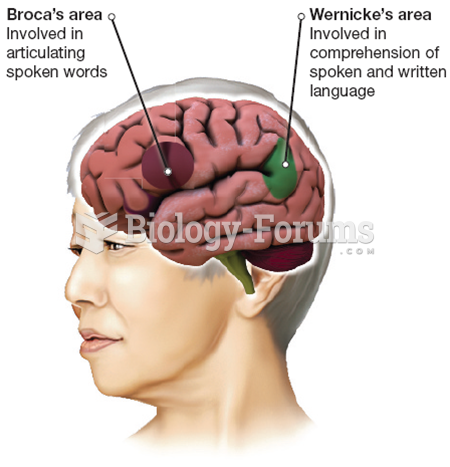|
|
|
The longest a person has survived after a heart transplant is 24 years.
About 60% of newborn infants in the United States are jaundiced; that is, they look yellow. Kernicterus is a form of brain damage caused by excessive jaundice. When babies begin to be affected by excessive jaundice and begin to have brain damage, they become excessively lethargic.
Though “Krazy Glue” or “Super Glue” has the ability to seal small wounds, it is not recommended for this purpose since it contains many substances that should not enter the body through the skin, and may be harmful.
Acetaminophen (Tylenol) in overdose can seriously damage the liver. It should never be taken by people who use alcohol heavily; it can result in severe liver damage and even a condition requiring a liver transplant.
To maintain good kidney function, you should drink at least 3 quarts of water daily. Water dilutes urine and helps prevent concentrations of salts and minerals that can lead to kidney stone formation. Chronic dehydration is a major contributor to the development of kidney stones.
 Competition in a forest can be as intense as competition on a coral reef. However, much of the compe
Competition in a forest can be as intense as competition on a coral reef. However, much of the compe
 Lynx pardinus, the Iberian lynx, is critically endangered, and is the subject of intense conservatio
Lynx pardinus, the Iberian lynx, is critically endangered, and is the subject of intense conservatio




